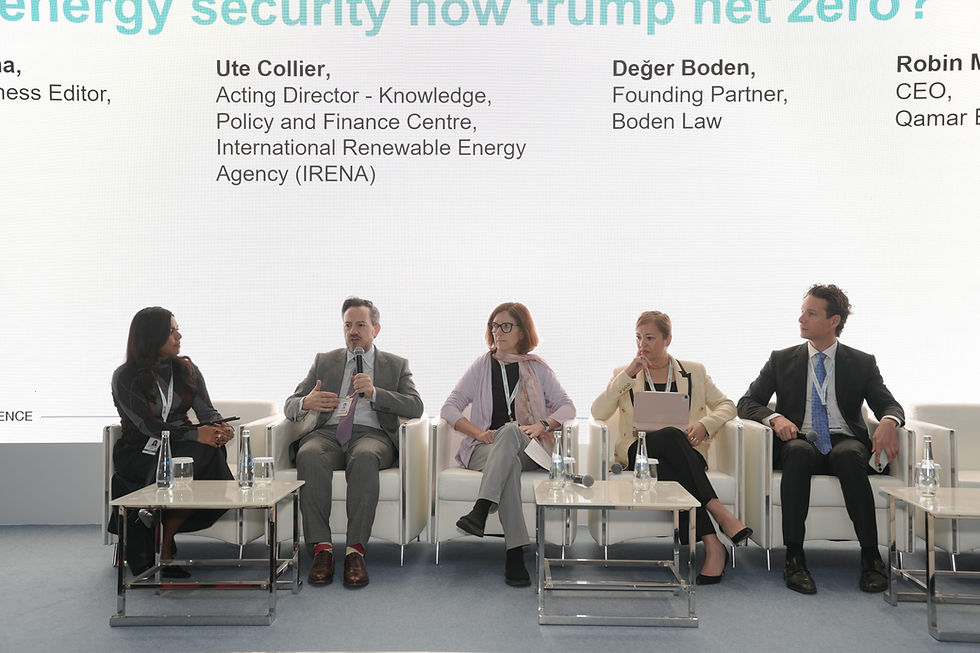New revenue-neutral concept to subsidize building efficiency in the Gulf
- Zest Associates

- Apr 1, 2021
- 2 min read
Updated: Apr 18, 2022
A revenue-neutral energy efficiency subsidy would supercharge efficiency, explained Jeffrey Beyer, Zest's Managing Director at an EU-GCC Clean Technology Network event.
Zest's innovative approach to energy efficiency can help governments in the Middle East overcome the economic challenge of low energy costs without having to raise the price of electricity.
"It's hard for any government to remove energy subsidies while protecting the most vulnerable," said Beyer. "Instead, governments should subsidise energy efficiency savings."
In countries that export energy, like many countries in Gulf and wider region, governments lose out in three ways when energy is used at home. Governments pay a domestic energy subsidy. They also pay for new power stations that are needed to fuel growing energy demand. And they miss out on potential export revenue.
By reducing domestic energy demand through efficiency improvements, these payments and lost revenues are reduced.
"Subsidising energy efficiency delivers a triple-win benefit to the government. It makes sense that those rewards should be poured back into the economy to get even more efficiency, which leads to an even bigger triple-win," said Beyer. "It's a virtuous circle."
Replacing lightbulbs with LEDs is cheap and pays for itself quickly, but replacing windows and improving insulation has a longer return-on-investment. That can make deep retrofits hard to justify economically.
By linking the subsidy to a certain level of proven energy savings, building owners have a bigger incentive to seek out the deep energy retrofits that are needed.
Providing the subsidy through efficiency specialists like Energy Service Companies (ESCOs) would also help to stimulate the ESCO market. Using ESCOs would also overcome potential challenges around monitoring and verification of savings.
"This totally innovative approach is getting the attention of governments across the region," said Beyer. "I'm looking forward to working with them and including this revenue-neutral subsidy as a key part of an integrated energy efficiency program."
The EU-GCC Clean Technology Network event, titled Towards Net Zero Energy in Buildings: Policies, regulations, finance mechanisms, and business models, took place on 1 April 2020. See here for more information.



Comments